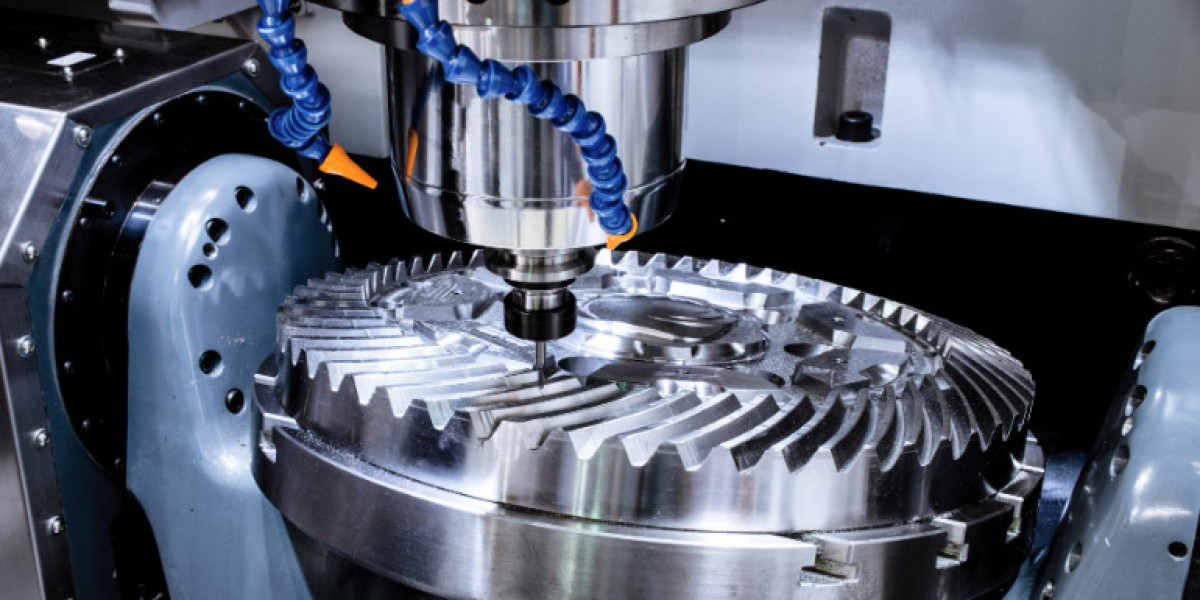A Comprehensive Guide to Automotive Sheet Metal Fabrication: Processes, Materials and Applications for High-Precision Automotive Parts
Precision sheet metal fabrication techniques play a vital role in automotive manufacturing. This guide provides a detailed overview of sheet metal fabrication processes, common materials, applications and more to help engineers and manufacturers make informed decisions for automotive part production.

Contents
Why Choose Sheet Metal Fabrication for Automotive Applications?
Common Sheet Metal Materials for Automotive Fabrication
Key Sheet Metal Fabrication Processes
Applications of Sheet Metal Fabrication in the Automotive Industry
Challenges and Considerations in Automotive Sheet Metal Fabrication
CNC Machining Services for Precision Automotive Parts
Conclusion
Why Choose Sheet Metal Fabrication for Automotive Applications?
There are several compelling reasons why sheet metal fabrication is widely used in automotive manufacturing:
Design flexibility: Sheet metal processes allow complex geometries to be formed. CAD/CAM enables intricate automotive part designs.
Material compatibility: A variety of metals and alloys can be used, from steel and aluminum to advanced materials. This allows engineers to select the optimal material for each application.
Precision and repeatability: Processes like laser cutting and punching can achieve very tight tolerances. CNC control ensures precision and repeatability during mass production.
Lightweighting: Aluminum and high-strength steels enable lighter vehicle structures, improving performance and fuel economy.
Cost efficiency: Sheet metal fabrication is well-suited for high-volume automotive component manufacturing due to process automation and minimal raw material wastage.
Common Sheet Metal Materials for Automotive Fabrication
The following are some of the most widely used sheet metal materials in the automotive industry:
Aluminum: Popular for body panels, hoods, doors due to its light weight, strength and corrosion resistance. Alloys include 6061, 5052, 2014, etc.
Steel: Mild steel is used for chassis, suspension and powertrain. High-strength steel grades like boron steel offer strength with less material.
Stainless steel: Durable material used for exhausts, interior trim and other aesthetic components exposed to harsh under-hood environments.
Magnesium: An increasingly attractive alternative to aluminum for applications seeking ultra-lightweight design, though more expensive to fabricate.
Copper: Employed for its high thermal and electrical conductivity in applications like radiators, charged spark plug wires.
Composites: Fiber-reinforced plastics offer design flexibility, though fabrication complexity limits their use compared to metals.
Key Sheet Metal Fabrication Processes
Common sheet metal fabrication techniques used in automotive manufacturing include:
Cutting: Laser cutting and punching/blanking precisely cut sheet metal blanks into net shapes.
Forming: Bending, coining, embossing, and stamping/pressing form flat sheet into 3D shapes.
Joining: Resistance spot welding, MIG/TIG welding, and self-piercing riveting join sheet metal components.
Machining: CNC milling, drilling and routing refine flat or formed parts to final spec.
Finishing: Surface treatments including anodizing, painting and plating protect and decorate sheet metal.
Applications of Sheet Metal Fabrication in the Automotive Industry
Some common automotive applications for precision sheet metal components include:
Body panels: Outer body panels (hoods, doors, fenders, roof) are major structural applications.
Interior trim: Dashboard panels, console cosmetic panels, pedals, etc. have strict dimensional requirements.
Chassis: Frame rails, suspension arms, engine cradles require high strength and dimensional control.
Powertrain: Intake manifolds, valve covers, transmission cases involve tight clearances and sealing.
Thermal management: Radiators, charge air coolers, exhaust manifolds tap sheet metal's thermal properties.
Electrical: Connector housings, switchgear, fuse boxes leverage sheet metal's formability and electrical isolation.
Challenges and Considerations in Automotive Sheet Metal Fabrication
Some key challenges automotive manufacturers face include:
Maintaining tight tolerances: Parts must fit precisely with minimal rework. Quality CNC machinery is critical.
Ensuring defect-free materials: Sheet properties like flatness, thickness variation impact part quality.
Minimizing scrap: Material and processing waste increase costs. Lean fabrication techniques optimize material yield.
Selecting formable materials: Some materials like magnesium are harder to form. Formability data guides process selection.
Achieving complex geometries: Multi-stage progressive die designs may be needed for intricate parts.
Careful planning, comprehensive process capabilities, and experienced CNC machining services can help manufacturers overcome these challenges.
CNC Machining Services for Precision Automotive Parts
Diecasting-mould.com provides leading CNC machining services for automotive sheet metal components. Our facilities include:
CNC laser cutting: Fiber laser for ultra-clean edges on any material up to 6mm thick.
CNC punching: Wide-format punch presses for net-shape blanking of mild steel, aluminum, etc.
CNC milling and turning: High-precision 3-5 axis mills for profiles, pockets, complex surfaces.
CNC bending: Programmable press brakes form tight radii and compound bends.
Welding: MIG, Laser, and TIG for consistent, high-quality sheet metal joining.
Finishing: Powder coating, anodizing, plating provide corrosion protection and aesthetics.
Quality assurance: In-house metrology ensures parts meet automotive spec tolerances.
Conclusion
With decades of experience in manufacturing high-precision automotive components, diecasting-mould.com leverages advanced sheet metal fabrication technologies and processes. Contact us to discuss how we can help efficiently produce your conceptual designs into production-ready sheet metal parts.
Naijamatta is a social networking site,
download Naijamatta from Google play store or visit www.naijamatta.com to register. You can post, comment, do voice and video call, join and open group, go live etc. Join Naijamatta family, the Green app.
Click To Download


